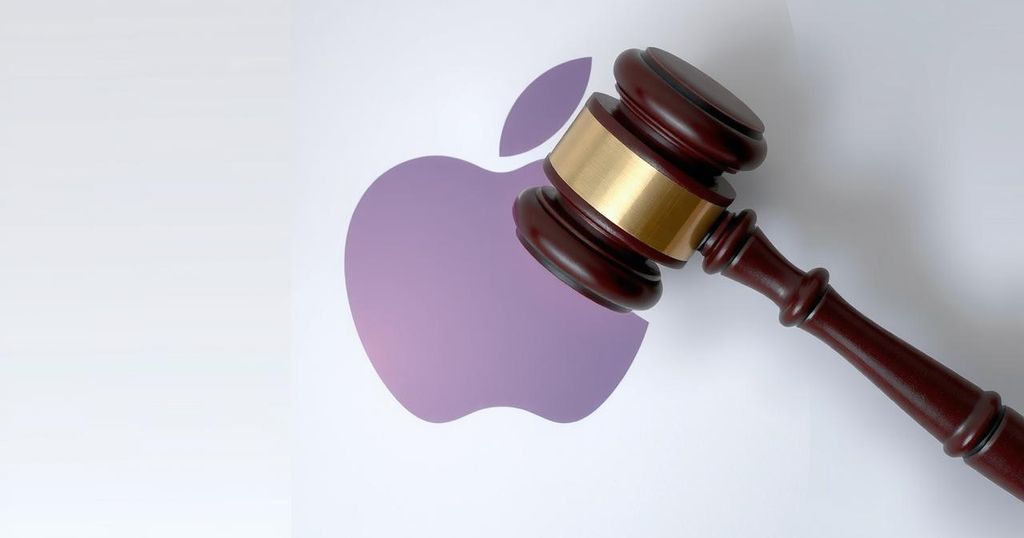The DRC has filed criminal charges against Apple for allegedly sourcing conflict minerals from violent regions in Africa. The country accuses Apple’s subsidiaries in France and Belgium of employing deceptive practices related to their mineral supply chains. As the case progresses, widespread scrutiny on ethical sourcing in corporate practices increases, pushing for accountability in the use of conflict minerals.
The Democratic Republic of the Congo (DRC) has initiated criminal proceedings against Apple’s subsidiaries in Belgium and France because of allegations surrounding the use of conflict minerals in their supply chains. Legal representatives of the DRC assert that these subsidiaries are knowingly utilizing minerals sourced from sub-Saharan Africa, claiming that the tech giant engages in deceptive practices to mislead consumers into believing that their supply chains are free of ethical issues.
Conflict minerals, a term defined by the Organisation for Economic Co-operation and Development (OECD), typically encompass tantalum, tin, tungsten, and gold extracted from regions afflicted by violence and human rights abuses. The DRC, particularly its eastern regions, is rich in these minerals, which have been linked to severe exploitation and violence perpetrated by various armed factions vying for control over mining operations. Human rights groups have raised alarms about the dire working conditions surrounding these mines, with cases of forced labor and human trafficking often reported.
In recent developments, DRC lawyers contacted Apple CEO Tim Cook regarding their findings that Apple’s supply chain may be tainted by minerals extracted in connection with violent conflict. Apple previously maintained that there was no substantial evidence linking their suppliers with funding armed groups in the DRC. Nonetheless, following DRC officials’ insistence on accountability, criminal complaints were filed against Apple in Europe, demanding an investigation into the supposed connection between the company and conflict minerals.
This situation has placed a significant spotlight on the ethical sourcing practices employed by major global corporations like Apple. Legal experts representing the DRC emphasized the need for systemic changes within supply chains to eradicate the exploitation of conflict resources. As preparations for a legal battle unfold, Apple stated its commitment to ethical sourcing; however, the lawyers insist that definitive verification is necessary to confirm these claims. The matter underscores the urgent need for corporations to ensure transparency in their supply chains and the serious implications of failing to do so.
The DRC has a long history of conflict driven by the control of valuable minerals, particularly 3TG (tin, tantalum, tungsten, and gold). These minerals are not only essential to various technologies, including mobile devices and electronics, but their mining in the DRC often funds armed conflicts, leading to grievous human rights violations. With numerous armed groups operating in the region, ensuring ethical sourcing has become an increasing challenge for international companies relying on these materials. The allegations against Apple represent a broader concern regarding corporate responsibility in relation to human rights in mineral extraction zones.
The accusations against Apple by the DRC regarding the sourcing of conflict minerals highlight significant ethical and legal challenges faced by international corporations. The ongoing legal proceedings aim to hold these companies accountable for their supply chain practices and emphasize the need for effective management systems to ensure that mineral sourcing does not fund violence or abuse. As the situation develops, the case may set a crucial precedent for corporate governance concerning conflict minerals globally.
Original Source: www.aljazeera.com






